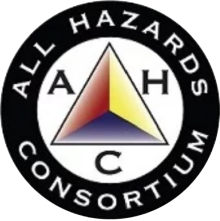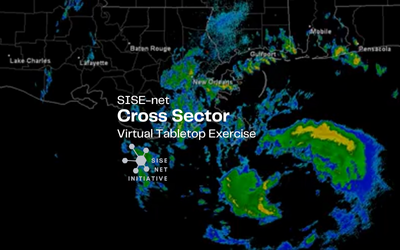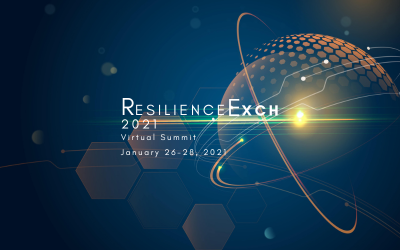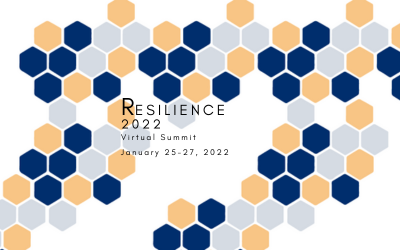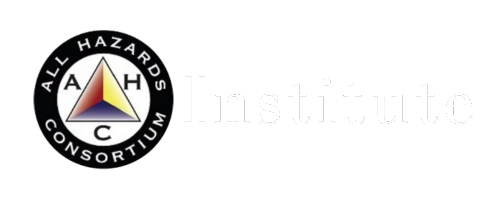Course description
The private sector's SISE-net Cross-Sector Virtual Tabletop Exercise is an annual, operations-focused tabletop exercise designed to enhance disaster communications and coordination between multiple industry sectors and state operations centers on the six most requested information topic areas.
Before landfall, industry needs information from state and federal government in the areas of emergency declarations, executive orders, waivers for transportation and fuel, and operational guidance or situation reports to relieve intra-state and inter-state regulations or controls so they can pre-position power restoration crews and resources, food, water, supplies, and other hurricane response related materials.
After landfall, state governments need information from industry regarding facility status for important facilities, infrastructure disruptions for power, communications, fuel, and transportation, and information requests from industry to know where impacted and non-impacted states can assist industry in their response efforts.
The exercise provides a place and safe conversations and access to a suite of private sector-provided tools to aggregate this information into a single place online.
By "sync-ing" these six areas of information across industry sectors and their supply chains, state/local/federal governments, and trade groups, this cross-sector exercise will reduce operational delays during responses, identifies areas of opportunity for future problem solving, and streamlines the information flow during an incident in a way that gets the appropriate vetted people involved "on the same page" at the same instant.
Exercise participants included representatives from Florida, Texas, Louisiana, Mississippi, Illinois, North Carolina, South Carolina, Virginia, Georgia, the Federal Motor Carriers Safety Administration, and industry sector, including communication, electric, fuel, finance, medical, pharmaceuticals, retail transportation, water, and food.
“This exercise is unique – in its participants, linking industry leads for critical infrastructure sectors directly with emergency management officials for numerous states; its focus – on identifying pressing problems or challenges in scenarios based on actual events; and its impacts – producing practical solutions in information sharing and cooperative efforts that make differences for protection and response. The embodiment of why we exercise and the advantages that can, and should, result,” said Tom Farmer, Assistant Vice President – Security, Association of American Railroads (AAR).
“Hurricanes ignore state boundaries, cut across federal regions and industry sectors. This exercise provides a wonderful opportunity for multiple states to better understand the private sector’s informational and operational needs. It helps everyone understand how we can work together to support impacts to states and sectors so that businesses and communities can recover faster following a hurricane or any disaster,” said Persia Payne-Hurley, Assistant Director, Office of Partnership Engagement, North Carolina Department of Public Safety, Division of Emergency Management.
Exercise Impacts
Since the first exercise was conducted in 2021, the cross-sector exercise has achieved actual operational results that reduce delays, emails, and misinformation while expanding the trust community of active professionals to work on issues identified in the exercise.
